 Breakthrough ACTION-DRC
Breakthrough ACTION-DRC“After the session, I become able to talk to my spouse and now I know about family planning services. The contraceptive I chose is the one that will last for 3 months…I choose this method because I have used it before and it was good for me.”
“When we feel bad, we have to open up for friends and family. […] Miss Birhan was just a character to show us our struggles, thoughts and emotions in our life.”
“The way I feel, and the peace of my mind has changed a lot. I am putting aside destructive thoughts. I am giving myself time. I am minimizing my stress level.”
The Innovation
CBT is an evidence-based practice that effectively reduces mental health symptom severity and changes health behavior. Programs using CBT across a range of low-resource settings have simultaneously addressed mental health and other health issues, though no studies have explored the application of CBT within FP settings. Members of the psychology field often consider CBT the “gold standard” for therapy, and CBT can work for people experiencing a broad range of depressive and anxiety symptoms. However, despite their promise, reproductive health practitioners often do not understand CBT practices well. Furthermore, evidence of the application and effectiveness of CBT-based approaches in LMICs is limited.
The Evidence
The intervention group had significantly greater reductions in depression from baseline to follow-up and significantly greater reductions in anxiety from baseline to endline and from baseline to follow-up. However, while symptoms of anxiety were lower at both endline and follow-up than at baseline, symptoms did not continue to improve from endline to follow-up.
Uptake of modern FP use increased significantly in the intervention group, and the intervention group showed a significantly greater increase in communicating with one’s partner about pregnancy prevention and reproductive agency immediately following the intervention. Furthermore, this study is one of the first to demonstrate that FP services, which consider postpartum mental health, can support women in fulfilling their reproductive intentions.
Scale-Up & Adapt
Evidence shows that integrating mental health care into routine sexual and reproductive health services can be effective in LMICs, though supportive policies are often lacking. Integrating CBT into FP and maternal health services offers a sustainable approach to supporting postpartum women. Further exploration of digital adaptations of these interventions could further expand reach, especially in urban areas.
Who can I speak with about this solution?
Jessica Moore, Senior Advisor, Camber Collective
Leah Mallett, Associate, Camber Collective
Tesera Bitew, Associate Professor, Mental Health Epidemiology, Injibara University
Lynn Van Lith, Technical Director, Breakthrough ACTION
Zoe Hendrickson, Associate Professor of Public Health Practice, University of Pittsburgh
Other resources
Continue exploring breakthroughs
 Breakthrough ACTION-DRC
Breakthrough ACTION-DRC
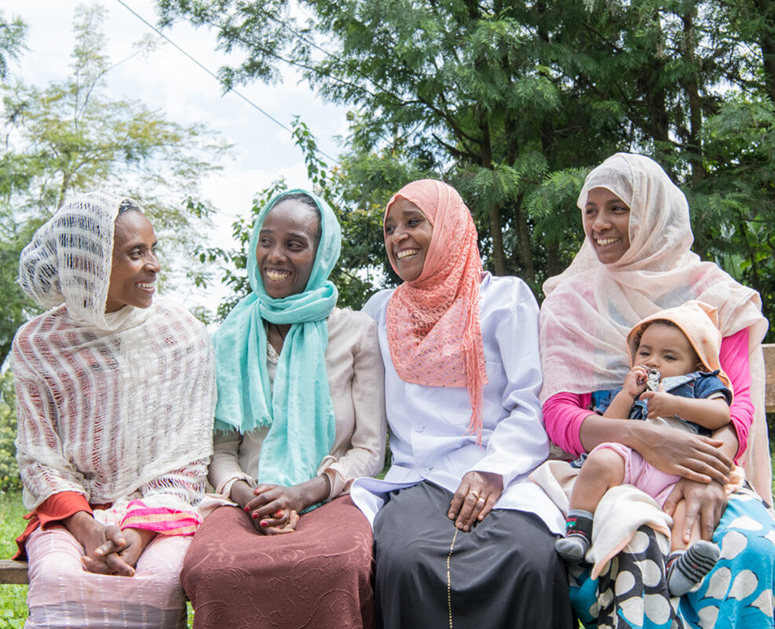
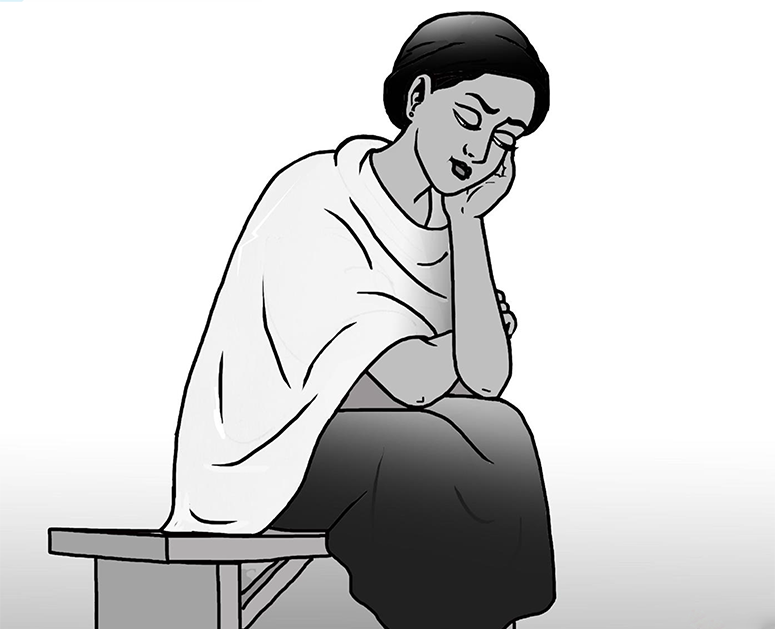
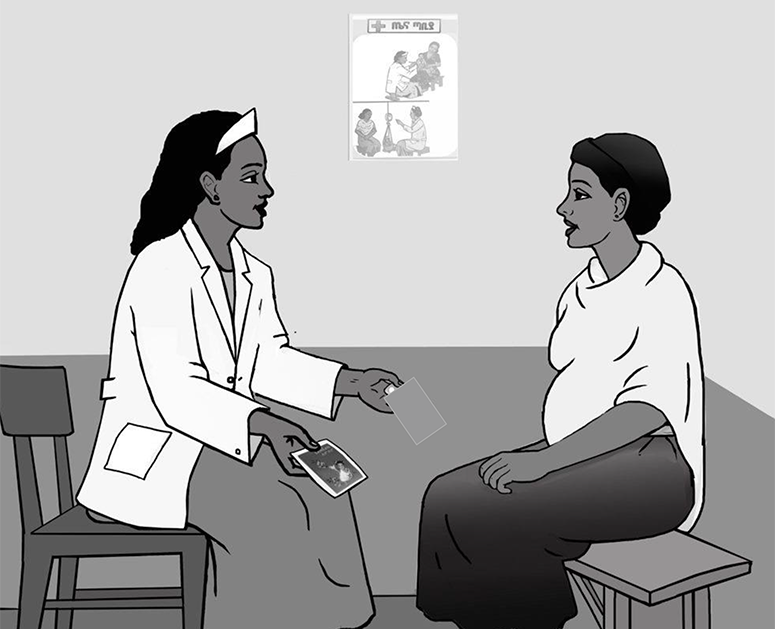


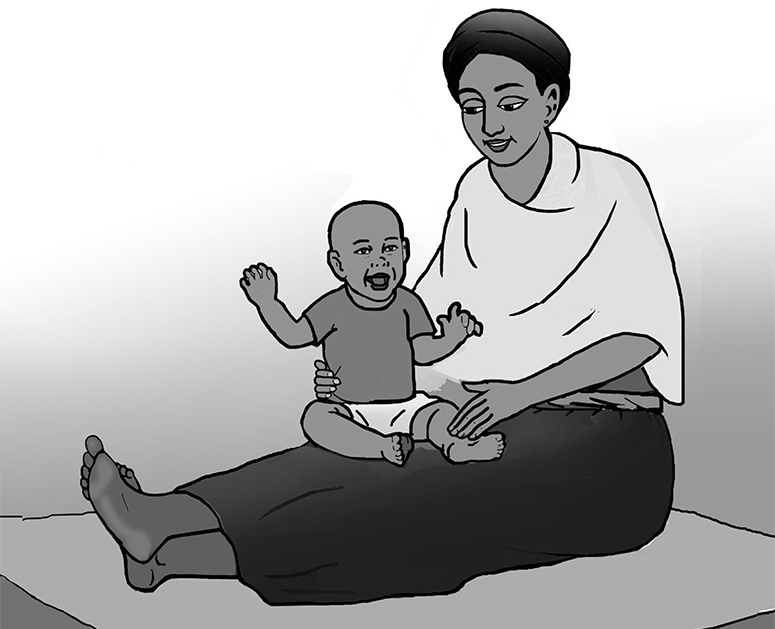





 Alheri Jatau/Breakthrough ACTION-Nigeria
Alheri Jatau/Breakthrough ACTION-Nigeria Lyder Group, 2022
Lyder Group, 2022 USAID
USAID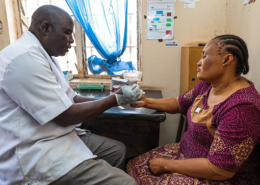 Edoziem Valentine/Breakthrough ACTION-Nigeria
Edoziem Valentine/Breakthrough ACTION-Nigeria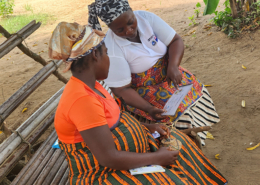 Mbalu Jusu/ideas42
Mbalu Jusu/ideas42 Breakthrough ACTION
Breakthrough ACTION Breakthrough ACTION-Nigeria
Breakthrough ACTION-Nigeria